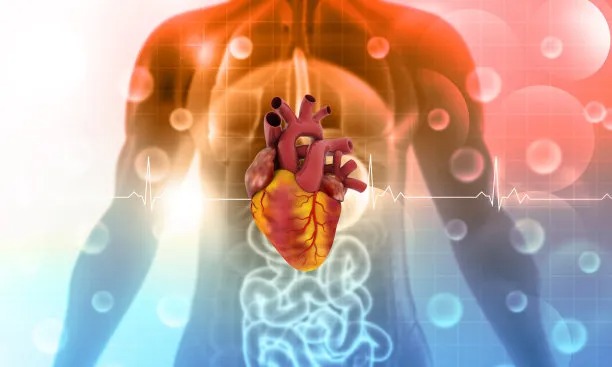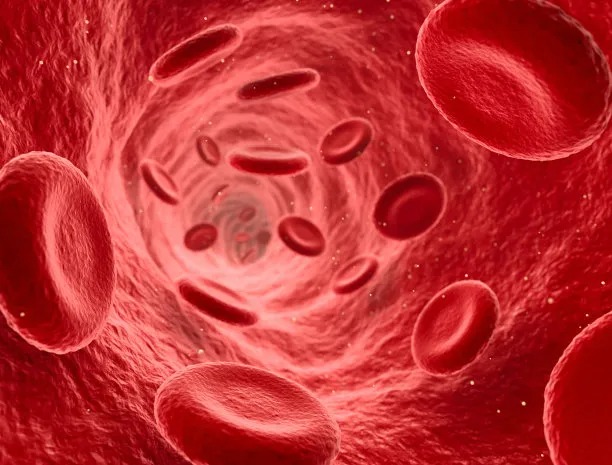Innovative Approaches for Treating Cardiovascular Diseases Across Borders
original:health91192025-02-19 11:54:53
Summary: The article explores innovative approaches for treating cardiovascular diseases across borders. It delves into various strategies and techniques that are being used to improve cardiovascula
Summary: The article explores innovative approaches for treating cardiovascular diseases across borders. It delves into various strategies and techniques that are being used to improve cardiovascular healthcare on a global scale, highlighting how collaboration and advancements in technology are reshaping the treatment landscape.
1. Global Collaboration and Information Sharing

Collaboration among healthcare professionals worldwide has proven to be instrumental in enhancing the diagnosis and treatment of cardiovascular diseases. Through platforms that facilitate information exchange and cross-border consultations, experts can pool their knowledge and experience to deliver more effective care.
International research collaborations have also led to the development of groundbreaking therapies and interventions for complex cardiac conditions. By sharing data and resources, healthcare networks can leverage the expertise of specialists from different regions to tackle cardiovascular diseases more holistically.
Furthermore, initiatives that promote knowledge transfer and training programs across borders help build capacity in underserved regions, ensuring that patients receive high-quality care regardless of geographical location.
2. Telemedicine and Remote Monitoring
The advent of telemedicine and remote monitoring technologies has revolutionized the management of cardiovascular health for patients across borders. Through virtual consultations and remote diagnostic services, individuals in remote or rural areas can access specialist care without the need for physical travel.
Remote monitoring devices provide real-time data on patients vital signs and cardiac activity, allowing healthcare teams to intervene proactively and adjust treatment plans as needed. This proactive approach not only improves patient outcomes but also reduces hospital admissions and healthcare costs associated with cardiovascular conditions.
Telemedicine not only enhances access to cardiac care for underserved populations but also enables continuous monitoring and follow-up, promoting better adherence to treatment regimens and lifestyle modifications.
3. Personalized Medicine and Precision Cardiology
Advances in genetic testing and precision medicine have opened up new possibilities for tailoring cardiovascular treatments to individual patients genetic profiles and risk factors. By analyzing genetic markers and biomarkers, clinicians can identify personalized treatment strategies that optimize therapeutic outcomes and minimize adverse effects.
Precision cardiology techniques, such as pharmacogenomics and molecular imaging, offer a more targeted and precise approach to diagnosing and treating cardiovascular diseases. By focusing on the molecular characteristics of each patients condition, healthcare providers can deliver tailored interventions that address the root causes of heart-related disorders.
Personalized medicine not only improves the efficacy of cardiovascular treatments but also reduces the likelihood of treatment-related complications, leading to better patient satisfaction and long-term adherence to cardiac care plans.
4. AI and Machine Learning in Cardiac Healthcare
The integration of artificial intelligence (AI) and machine learning algorithms into cardiac healthcare has revolutionized the way cardiovascular diseases are diagnosed, monitored, and treated. AI-driven predictive analytics can analyze vast amounts of patient data to identify patterns and trends that may signal the onset of heart conditions.
Machine learning algorithms can assist in risk stratification, early detection of cardiac abnormalities, and personalized treatment planning based on individual patient data. Through AI-powered decision support tools, healthcare providers can make more informed clinical decisions, leading to improved outcomes and reduced medical errors.
AI technologies also hold promise for automating repetitive tasks in cardiac care, streamlining administrative processes, and optimizing resource allocation within healthcare systems. By harnessing the power of AI, cardiovascular healthcare providers can deliver more efficient and personalized care to patients worldwide.

Summary:
Innovative approaches for treating cardiovascular diseases across borders are revolutionizing the way cardiac conditions are diagnosed, managed, and treated on a global scale. Through global collaboration, telemedicine, personalized medicine, and AI technologies, healthcare providers are advancing the field of cardiovascular care and improving patient outcomes worldwide.
This article is published by HEALTH9119 Medical Health Network https://www.health9199.com arrangement